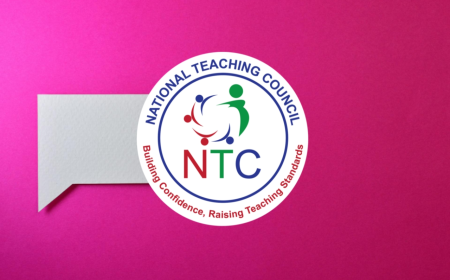7 Expert Tips for Better Google Search Results
Learn how to search smarter with 7 expert Google search tips. Ideal for students, professionals, and content creators looking to get accurate, relevant, and efficient results online.

Searching the web for the information you need can be tricky. You might think the first link on a search results page is the best answer—but that’s rarely the case. Google and other search engines don’t always provide the answer. Instead, they offer suggestions based on your search terms, web content, and their ranking algorithms.
Note: This is a simplified version of the original post, 7 Pro Tips for Better Google Search Results: A Smarter Way to Search, published by the same author on Authicles.com.
Choosing the right result comes down to your critical thinking, intuition, and digital literacy. Whether you're a student writing a paper, a professional conducting research, or a content creator digging for inspiration, these seven (7) expert tips will help you search smarter, not harder.
1. Be Specific: Use Relevant Keywords
You may not know the exact answer, but you usually know what you're looking for. Start your search with the most relevant keywords that directly relate to the information you need.
Example: Instead of typing “website designer,” try “WordPress website designer” if you're specifically looking for that skillset. Broad search terms produce broad results—so narrow it down from the start.
2. Start with Leading Keywords—and Build From There
If you're unsure where to begin, start with a general keyword and add more descriptive terms to refine your search.
Example: Searching for “web designer that uses content management systems” will yield more targeted results than simply “web designer.” Google will prioritize content related to tools like WordPress, Joomla, and Drupal.
3. Be Clear About What You Want: Use Resource-Specific Terms
Google categorizes content into tabs like News, Videos, Images, and Maps. To get exactly what you need, tell the search engine what kind of resource you're after.
Example: Looking for a video on biogas preparation? Search “how to prepare biogas video.” You’ll get video tutorials instead of random articles or news blurbs.
4. Use Action-Oriented Keywords
Want to do something specific—download, calculate, stream, or convert? Add action keywords to your query to trigger more relevant, actionable results.
Example: Searching “download free social media marketing ebook” is likely to lead you to pages with direct download links, rather than generic summaries or product pages.
5. Don’t Sweat the Small Stuff: Spelling, Capitalization & Punctuation
Search engines are smart enough to overlook minor spelling mistakes, punctuation errors, and capitalization issues—unless the error changes the meaning of your query.
Example: Searching “popular musician ghana” works just as well as “Ghana’s most popular musician.” Just be mindful of confusing spellings that might lead to totally different results.
6. Choose Search Terms Like a Publisher
Don’t be too formal or technical with your search. Think like a content creator—use terms likely found in blog titles or headlines.
Example: Instead of searching “my head hurts,” go with “headache”—that’s the word most medical websites will use. Align your terms with the vocabulary of your sources.
7. Use Location-Based Search for Local Results
Need a product or service near you? Include your location in the search query, or enable location services on your device to get localized results.
Example: Type “web designer near me” or “photographer in Accra.” Search engines like Google will prioritize businesses listed on platforms like Google Maps and Google My Business.
Final Thoughts
Online search is an essential part of daily life—whether you're writing, researching, shopping, or learning something new. Mastering search techniques can save you time, help you avoid misinformation, and point you to high-quality, credible sources.
So next time you turn to Google, remember: Be precise, be smart, and think like the internet thinks. The right answer is just one good search away.
What's Your Reaction?
 Like
3
Like
3
 Dislike
0
Dislike
0
 Love
0
Love
0
 Funny
0
Funny
0
 Angry
0
Angry
0
 Sad
0
Sad
0
 Wow
0
Wow
0



















